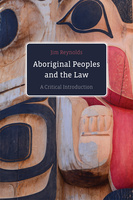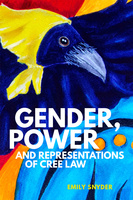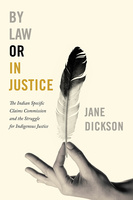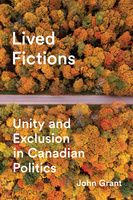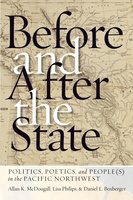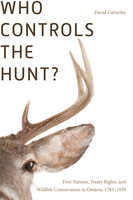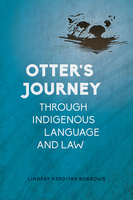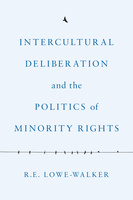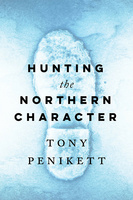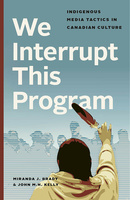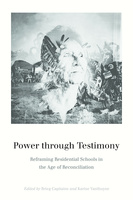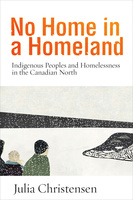Aboriginal Peoples and the Law
A Critical Introduction
This introduction to contemporary Aboriginal law lays the groundwork for any assessment of Canada’s claim to be a just society for Indigenous peoples.
Gender, Power, and Representations of Cree Law
This powerful book investigates the relationship between the oversimplification of gender in representations of Cree law and its effect on perceptions of Indigenous women as legal agents and citizens.
By Law or In Justice
The Indian Specific Claims Commission and the Struggle for Indigenous Justice
This insider’s account of the work of the Indian Specific Claims Commission takes an unflinching look at the development and implementation of Indigenous claims policy from 1991 to 2009.
Practising Community-Based Participatory Research
Stories of Engagement, Empowerment, and Mobilization
Researchers engaged in community-based participatory research share stories about their work with marginalized communities, offering insights and imparting valuable lessons that will inspire others doing research with an eye to social justice.
Lived Fictions
Unity and Exclusion in Canadian Politics
Bringing big thinking back to Canadian politics, Lived Fictions demonstrates how theories of political unity always exclude and shows why our comfortable assumptions about the promises of Canadian politics mask historical failures.
Before and After the State
Politics, Poetics, and People(s) in the Pacific Northwest
Documenting the profound impact of state formation on individuals and communities in the Pacific Northwest of the nineteenth century, Before and After the State reveals how national narratives and constructed identities were used in the service of nation building.
Who Controls the Hunt?
First Nations, Treaty Rights, and Wildlife Conservation in Ontario, 1783-1939
Tracing the connections between colonialism and the early conservation movement in Ontario, Who Controls the Hunt? examines the contentious issue of treaty hunting rights and the impact of conservation laws on First Nations.
Otter’s Journey through Indigenous Language and Law
Told in contemporary Anishinaabe storytelling style, Otter’s Journey takes us across the globe to explore how the work in Indigenous language revitalization can inform the emerging field of Indigenous legal revitalization.
The Creator’s Game
Lacrosse, Identity, and Indigenous Nationhood
The Creator’s Game serves as a potent illustration of how, for over a century, the Indigenous game of lacrosse has served as a central means for Indigenous communities to activate their self-determination and reformulate their identities.
Intercultural Deliberation and the Politics of Minority Rights
A unique contribution to the literature on minority rights, Intercultural Deliberation and the Politics of Minority Rights examines the role of cultural difference in minority rights claims, building a case for inclusive political deliberation in liberal democracies.
Hunting the Northern Character
This deeply personal account of recent developments in the Canadian North tells the story of a region that leaders in Oslo, Ottawa, Moscow, and Washington often refuse to see and that only insiders fully know.
We Interrupt This Program
Indigenous Media Tactics in Canadian Culture
Powerful and inspiring, We Interrupt This Program brings to light a new facet of Indigenous sovereignty – the use of media tactics to infuse Canadian culture with Indigenous perspectives and to raise political and cultural consciousness in Indigenous communities.
The Equity Myth
Racialization and Indigeneity at Canadian Universities
Challenging the myth of equity in higher education, this is the first comprehensive, data-based study of racialized and Indigenous faculty members’ experiences in Canadian universities.
Power through Testimony
Reframing Residential Schools in the Age of Reconciliation
This groundbreaking volume assesses the power of residential school survivors to reframe – through memory, story, and testimony – how Canadians think about residential schools and their long-term impact on individuals, families, communities, and the nation.
No Home in a Homeland
Indigenous Peoples and Homelessness in the Canadian North
Through personal accounts and analysis of historical trends, No Home in the Homeland documents the spread of homelessness in the North, what it reveals about colonialism and its legacies, and the limitations of existing policies and programs.

